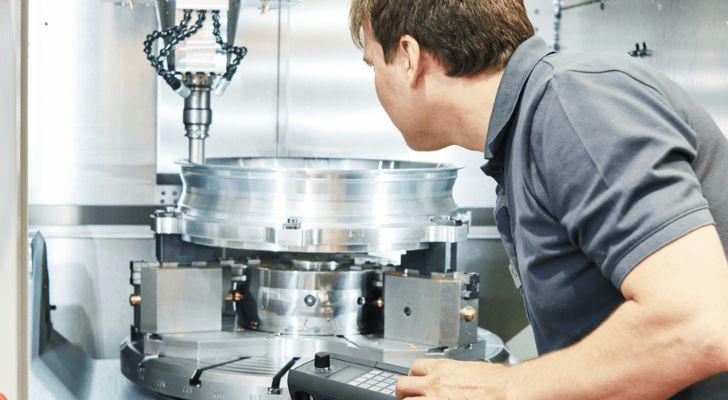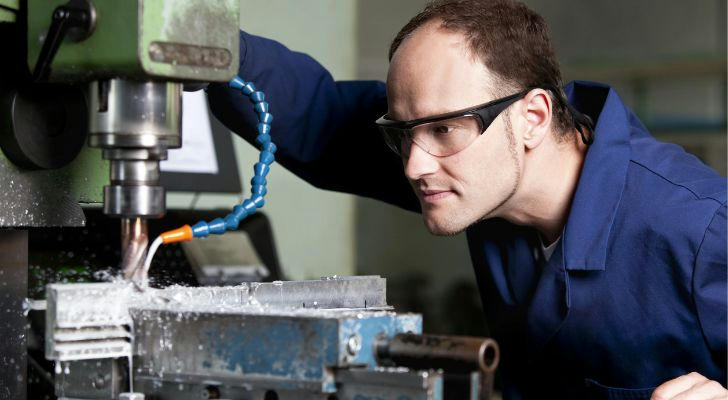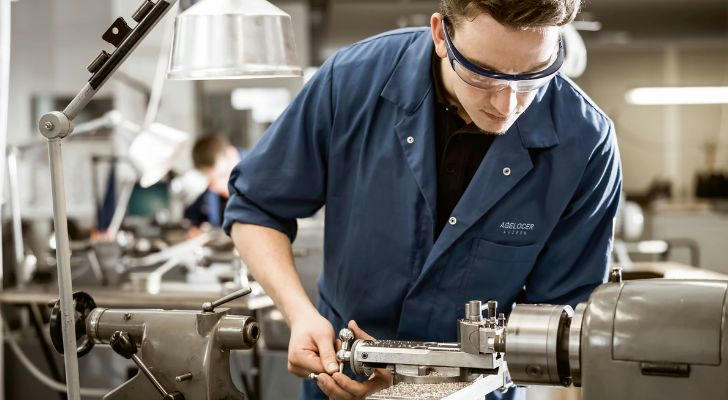Essential Machining Courses and Certifications to Elevate Your Mechanical Career
The field of machining is a cornerstone of modern manufacturing, demanding a blend of technical expertise, analytical thinking, and hands-on skill. For professionals aiming to excel in this competitive industry, specialized training in advanced machining concepts—such as cutting force measurement—and industry-recognized certifications are critical.
Below, we outline key educational pathways and credentials that empower machinists to optimize processes, improve product quality, and advance their careers.

1. The Science of Cutting Forces: A Foundational Skill for Machinists
Understanding cutting forces is central to machining efficiency. These forces influence tool wear, energy consumption, and workpiece integrity. Courses focusing on measurement and analysis of cutting forces equip professionals with the ability to:
Predict tool performance by analyzing stress distribution during operations.
Minimize vibrations and deflections that compromise precision.
Optimize feed rates and cutting speeds to extend tool life.
A comprehensive curriculum in this area typically covers:
Sensor technologies (e.g., dynamometers).
Data acquisition systems.
Computational methods for force modeling.
Mastery of these concepts enables machinists to troubleshoot inefficiencies and implement data-driven process improvements.
2. Core Components of a Modern Machining Curriculum
Beyond cutting forces, a robust machining education integrates interdisciplinary knowledge. Key course modules include:
A. Advanced Materials Science
Properties of metals, alloys, and composites.
Material selection based on thermal conductivity, hardness, and machinability.
B. CNC Programming and Automation
G-code programming for multi-axis machines.
Integration of IoT-enabled tools for real-time monitoring.
C. Precision Measurement and Metrology
Use of coordinate measuring machines (CMMs) and laser scanners.
Statistical process control (SPC) for quality assurance.
D. Sustainable Machining Practices
Strategies to reduce waste and energy consumption.
Coolant management and recycling techniques.
These subjects prepare machinists to adapt to evolving technologies like additive manufacturing and smart factories.

3. Industry-Recognized Certifications: Validating Expertise
Certifications serve as a benchmark for proficiency, enhancing employability and earning potential. Top credentials include:
A. NIMS (National Institute for Metalworking Skills) Credentials
Machining Level I–IV: Validates skills in milling, turning, and grinding.
CNC Operator Certification: Focuses on setup, programming, and troubleshooting.
B. SME (Society of Manufacturing Engineers) Certifications
Certified Manufacturing Technologist (CMfgT): Covers fundamentals of production processes.
Certified Manufacturing Engineer (CMfgE): Advanced credential for process design and optimization.
C. AWS (American Welding Society) Certifications
- Certified Welder (CW): For professionals involved in joining processes.
Employers often prioritize candidates with these certifications, as they demonstrate adherence to industry standards.
4. Career Advancement Through Specialized Training
Investing in advanced courses and certifications opens doors to roles such as:
Process Engineer: Designing and refining machining workflows.
Quality Assurance Manager: Overseeing compliance with tolerances and specifications.
CNC Programmer: Developing code for complex aerospace or automotive components.
Statistic Highlight: According to the U.S. Bureau of Labor Statistics, machinists with certifications earn 15–20% higher salaries on average than their non-certified peers.

5. Selecting the Right Educational Program
When evaluating courses, consider the following criteria:
Hands-on components: Labs or simulations for practical skill development.
Industry partnerships: Programs aligned with employer needs.
Flexibility: Online or hybrid formats for working professionals.
Look for curricula updated to reflect trends like AI-driven predictive maintenance and digital twin technologies.
Conclusion: Building a Future-Proof Career in Machining
The integration of cutting-edge knowledge—from cutting force dynamics to automated systems—positions machinists at the forefront of industrial innovation. By pursuing targeted education and certifications, professionals not only enhance their technical capabilities but also gain a competitive edge in a rapidly transforming sector. Whether refining existing processes or pioneering new methodologies, a commitment to lifelong learning remains the hallmark of a successful machining career.
